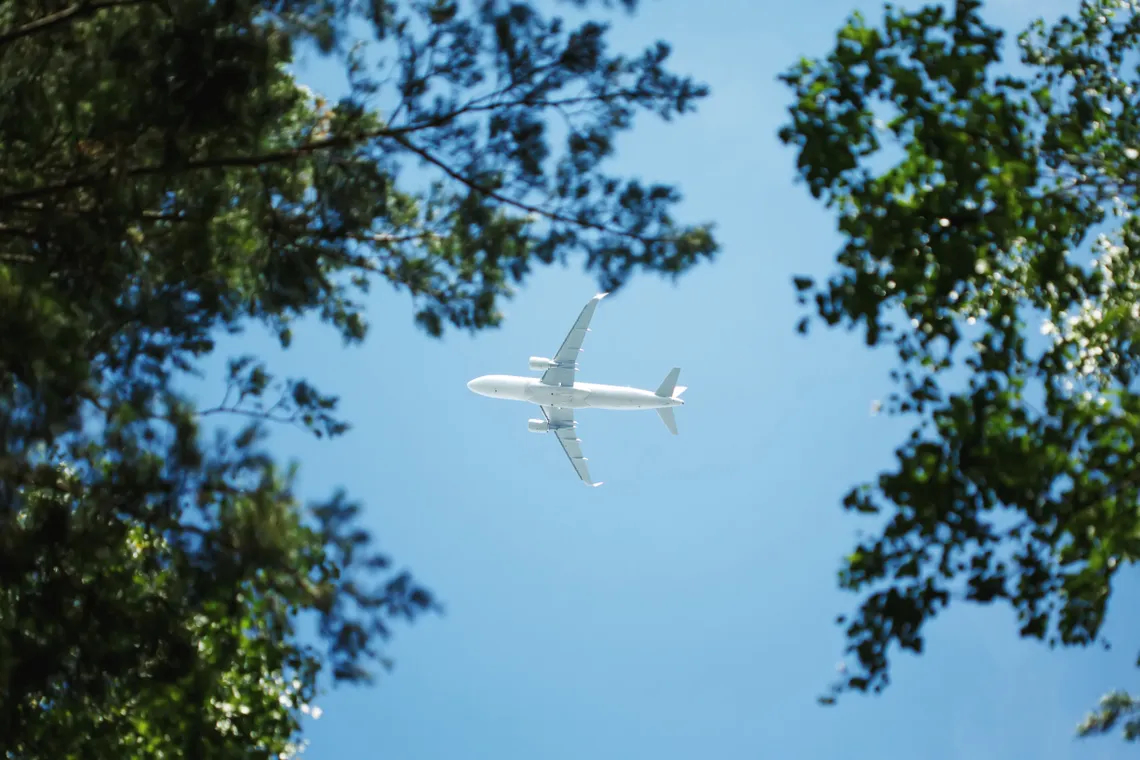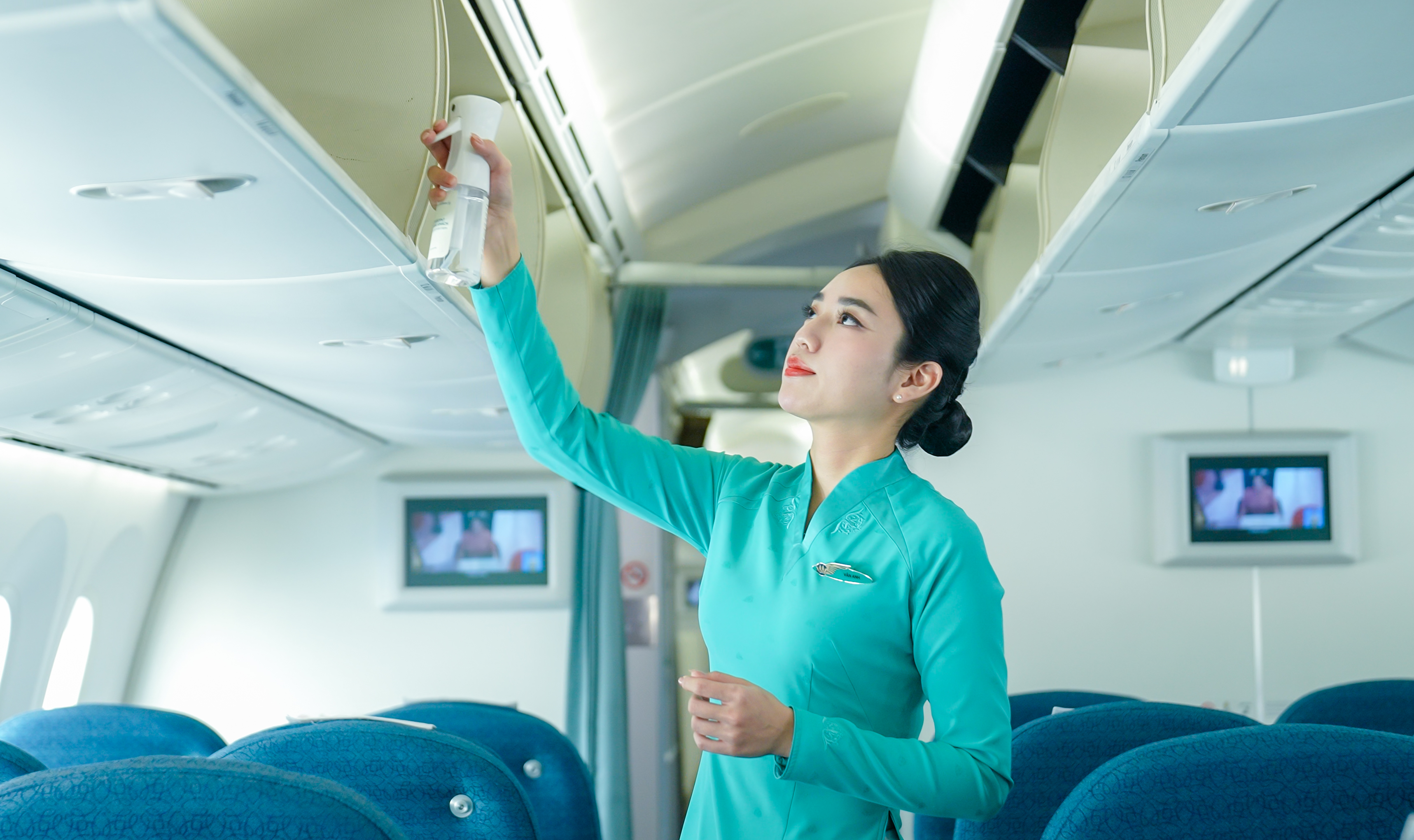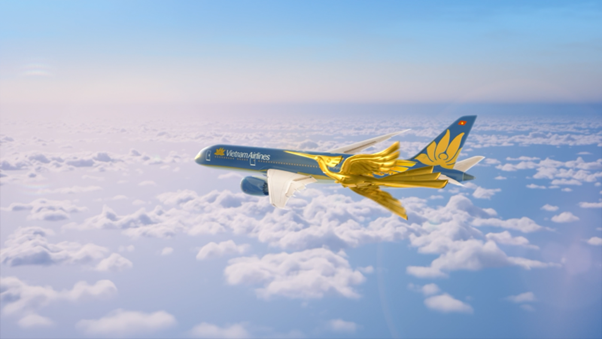
On Monday, the Intergovernmental Panel on Climate Change (IPCC), made up of the world’s leading climate scientists, released the Synthesis Report of its sixth assessment. The results should, by now, unfortunately not come as a surprise to anyone (although it is surprising how many still see a point of contention). Scientists are in agreement that only swift and drastic action can prevent irrevocable and drastic damage to the planet. Aviation is no exception to these goals, and airlines are likely to start making changes soon.
Share of emissions to grow
Aviation is often disproportionally attributed as a cause of global CO2 emissions, it is responsible for about 2.5% to 3%. To put this in context, if global aviation were a country, it would end up as number six in the world, just ahead of Germany.
And this incredibly hard-to-abate industry is only going to grow over the following decades at a pace that will not be met by the scaling of sustainable aviation fuel and other decarbonization technologies. Estimates show it could be responsible for as much as 22% of global anthropogenic carbon emissions by mid-century.
2024 traffic rebound to trigger CORSIA
CORSIA, or the Carbon Offsetting and Reduction Scheme for International Aviation, established by ICAO, seeks to cap CO2 emissions from international flights at 85% of 2019 levels and a carbon-neutral growth from 2020 onwards. Although, not in actual terms, as the overshooting will be redeemed through carbon credits or the use of sustainable aviation fuel.
Given the significant recovery of the airline industry following the pandemic, airlines from states participating in the first voluntary phase (2024 to 2026) of CORSIA could become obliged to offset emissions sometime in mid-2024. According to a statement shared with Simple Flying, IATA says that as indicated by current trends in passenger travel, international air traffic will rebound back to near 2019 levels before the year is up.
CORSIA criticism
By some in the carbon accounting community (there is a new phrase for you), CORSIA represents the gold standard for how to create a unified approach toward monitoring international emissions. However, a 2021 study of the program commissioned by the European Commission found several flaws in the scheme, questioning its compatibility with the European Green Deal.
These include questionable quality of offsets, including double counting. It also offers an oversupply of cheap (less than €1 or $1.08) carbon credits, which critics say lessen the financial incentives to use sustainable fuels and invest in decarbonization technologies. Major aviation markets such as China, Russia, Brazil, and India have not signed up for CORSIA, which many say leaves a big gap in the policy, as it will only cover about 35% of global aviation emissions.
Cre: Simple Flying











